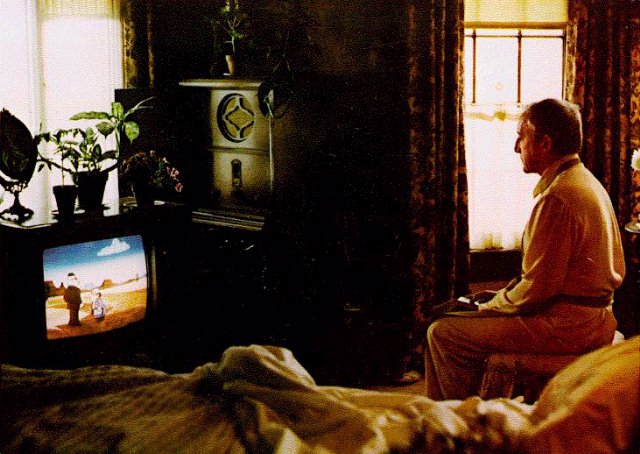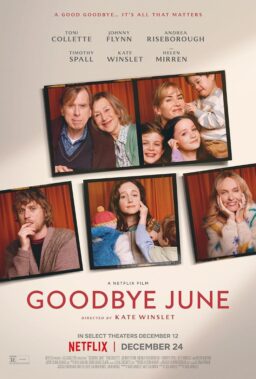There’s an exhilaration in seeing artists at the very top of their form: It almost doesn’t matter what the art form is, if they’re pushing their limits and going for broke and it’s working. We can sense their joy of achievement – and even more so if the project in question is a risky, off-the-wall idea that could just as easily have ended disastrously.
Hal Ashby’s “Being There” is a movie that inspires those feelings. It begins with a cockamamie notion, it’s basically one joke told for two hours, and it requires Peter Sellers to maintain an excruciatingly narrow tone of behavior in a role that has him onscreen almost constantly. It’s a movie based on an idea, and all the conventional wisdom agrees that emotions, not ideas, are the best to make movies from. But “Being There” pulls off its long shot and is one of the most confoundingly provocative movies of the year.
Sellers plays a mentally retarded gardener who has lived and worked all of his life inside the walls of an elegant Washington town house. The house and its garden are in a decaying inner city neighborhood, but what goes on outside is of no concern to Sellers: He tends his garden, he watches television, he is fed on schedule by the domestic staff; he is content.
Then one day the master of the house dies. The household is disbanded. Sellers, impeccably dressed in his employer’s privately tailored wardrobe, wanders out into the city. He takes along the one possession he’ll probably need: His remote-control TV channel switcher. He uses it almost immediately; surrounded by hostile street kids, he imperturbably tries to switch channels to make them go away. He hasn’t figured out that, outside his garden, life isn’t television.
And that is the movie’s basic premise, lifted intact from a Jerzy Kosinski novel. The Sellers character knows almost nothing about real life, but he has watched countless hours of television and he can be pleasant, smile, shake hands and comport himself; he learned from watching all those guests on talk shows.
He knows nothing about anything indeed, except gardening. But when he stumbles into Washington’s political and social upper crust, his simple truisms from the garden (“Spring is a time for planting”) are taken as audaciously simple metaphors. This guy’s a Thoreau! In no time at all, he’s the closest confidant of a dying billionaire industrialist (Melvyn Douglas) – and the industrialist is the closest confidant of the president.
This is, you can see, a one-joke premise. It has to be if the Sellers performance is to work. The whole movie has to be tailored to the narrow range within which Sellers’ gardener can think, behave, speak and make choices. The ways in which this movie could have gone out of control, could have been relentlessly boring on the one hand, or manic with its own audacity on the other, are endless. But the tone holds. That’s one of the most exhilarating aspects of the joy you can sense, as the filmmakers pull this off: Every scene needs the confidence to play the idea completely straight.
There are wonderful comic moments, but they’re never pushed so far that they strain the story’s premise. Some of them involve: a battle between the CIA and the FBI as to which agency destroyed the gardener’s files; Shirley MacLaine unsuccessfully attempting to introduce Sellers to the concept of romance; Sellers as a talk-show guest himself (at last!), and Sellers as the hit of the Washington cocktail party. The movie also has an audacious closing shot that moves the film’s whole metaphor into a brand new philosophical arena.
What is “Being There” about? I’ve read reviews calling it an indictment of television. But that doesn’t fit; Sellers wasn’t warped by television, he was retarded to begin with, and has TV to thank for what abilities he has to move in society. Is it an indictment of society, for being so dumb as to accept the Sellers character as a great philosophical sage? Maybe, but that’s not so fascinating either. I’m not really inclined to plumb this movie for its message, although I’m sure that’ll be a favorite audience sport. I just admire it for having the guts to take this totally weird conceit and push it to its ultimate comic conclusion.



















